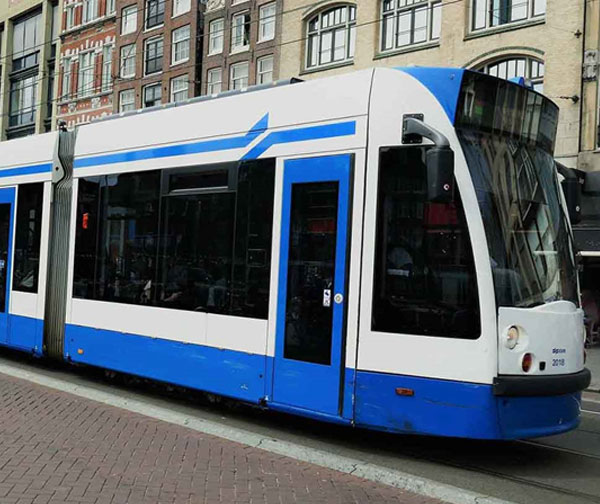Intelligent Transportation System
- Home
- Intelligent Transportation System
business services
Get a Free Quote
contact-us@kepler-international.com
Intelligent Transport Systems
The term Intelligent Transport Systems (ITS) refers to efforts to collect, store and provide real-time traffic information to maximize the utilization efficiency, provide convenient safe transport, and reduce energy by applying advanced electronics, information and telecommunication technologies into roads, automobiles and goods.
Intelligent Transport Systems (ITS) can significantly contribute to a cleaner, safer and more efficient transport system. Consequently, ITS have become the focus of a number of policy and legislative initiatives in Europe. The European Commission has laid down the legal framework in order to accelerate the deployment of these innovative transport technologies across Europe. Furthermore, the European Commission has requested the European Standards Organizations to develop and adopt European standards in support of this legal framework. Not surprisingly there is considerable activity in this area by the standards organizations CEN, CENELEC and ETSI.
All road users, including drivers and their passengers, pedestrians and cyclists – across all modes of road transport, including private cars, buses, coaches and commercial vehicles – can benefit from greater use of ITS. For example, ITS applications support:
- Commercial vehicle operations of commercial operators, regulatory and tax agencies and road users providing benefits such as electronic administrative processes and automated roadside safety inspections
- Public transport from the perspective of both operators and travelers – providing benefits such as improved observance of time-tables, optimized operations, improved security on-board vehicles and at terminals – and a higher standard of service by providing real-time schedule information to travelers.
Main Components
- Automated Fare Collection System
- Automatic Vehicle Management System
- Passenger Information System
- Business Intelligence Based Solution
- Self Service Kiosks
- Integrated Web and Mobile Platform
- Integrated Financial Services
- Digital Wallets and Payment Solution
Benefits of ITS
- Reduces congestion
- Optimises existing infrastructures use
- Increases traffic safety and security
- Lower impact of traffic on the environment
- Decreases dependency on fossil fuels
- Increases convenient of transport

